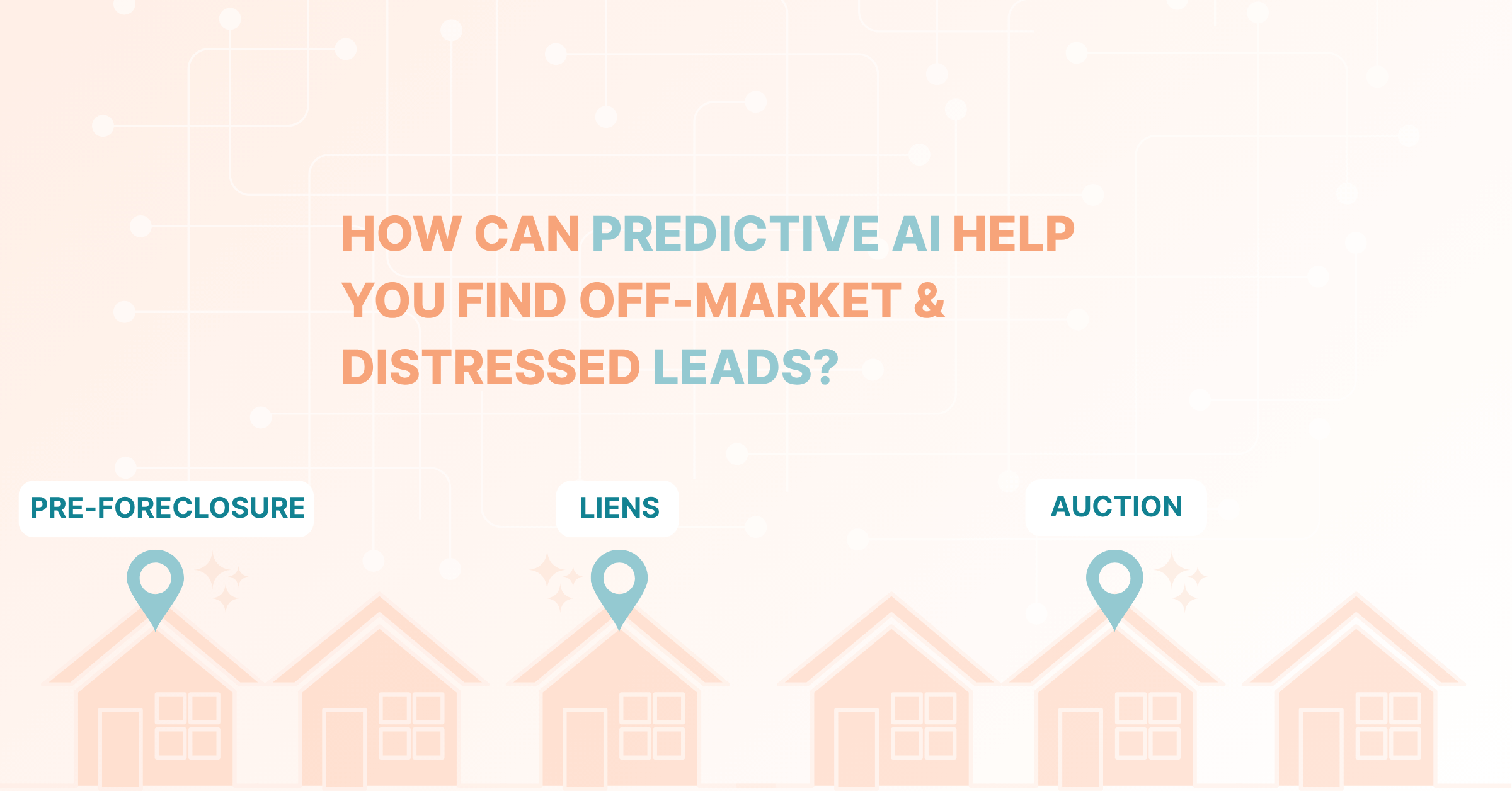Financial analyst and TV personality, Paul Clitheroe, famously noted, "Before you start trying to work out which direction the property market is headed, you should be aware that there are markets within markets." As a buyer contemplates signing on the line or as a seller muses about the best price point, the national economy is often far from their mind. Rather, local, pertinent, salient data is often the controlling factor. Whether the general market is in a boom or bust, access to the right data can help you identify the "markets within markets," and you can use that knowledge to gain key competitive advantages.
Use Comps of Neighboring Homes for Price Recommendations
Comps have long been a powerful real estate information asset. But when you home in on a specific market, you can obtain localized comps that could provide even more compelling information. With the typical comping process, you may end up comparing homes that, although just a mile up the road, exist in a market that seems a world away. On the other hand, the prices of the next-door neighbors' homes are more immediate, tangible and relevant. It's this "market within" that often holds sway with buyers. Here's how to get the most out of comps of the neighbors' homes:
- Use comps to secure quicker sales. Whether you're talking with a buyer, seller or another agent, you can use the neighbors' home prices to shift the conversation in the right direction. With data from next door, it may be easier to debunk the reasoning behind a lowball offer.
- Use comps to help ground a seller's expectations. Optimistic sellers often shoot for the stars while pricing their home. If you know the details on their neighbor's house, you can tactfully say, "Check out how much Mr. Smith's house is worth." Then you can proceed with offering a fair price.
Use Pre-Foreclosure Information to Identify Price Points of Motivated Sellers
With foreclosure data at your fingertips, you can get a better idea of a seller's bottom line. Whether the seller is an individual, a bank, a trust or another entity, foreclosure figures can give you easy access to the magic number they hope to see. To help ease a sale, you can leverage the following data:
- Unpaid balance
- Amount of default
- Auction date
Use Tax Information to Give Buyers and Sellers a More Complete Picture
Tax information on a property can be a treasure trove of important data. A buyer, particularly one from another area, may not realize how high — or low — the taxes are on a home that has piqued their interest. With this kind of info, you can earn their respect, business and loyalty. But you can use tax information to do even more. For example, you can:
- See the land value of a home. If a buyer is considering a tear-down, the land value could be a valuable data point as they set their budget.
- See the improvement value. This data, particularly when set side-by-side with that of another property, can help a buyer commit to a difficult decision. Many prefer properties with a lower ratio of improvement value to land value.
The more you zero in on the data, the better you will see the "markets within markets" hidden in each area. With your finger on the pulse of the detailed data points buyers and sellers need, you can give them what the competition can't - an accurate, in-depth picture of the most important transaction of their lives.



